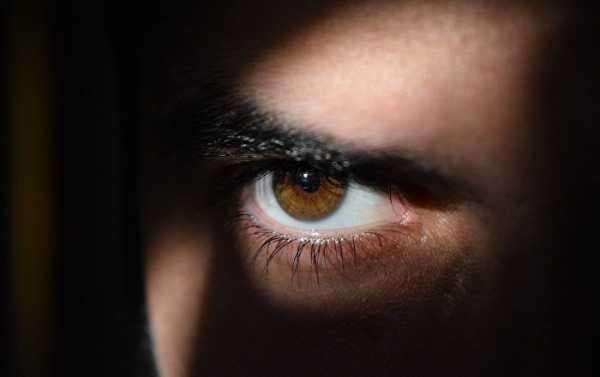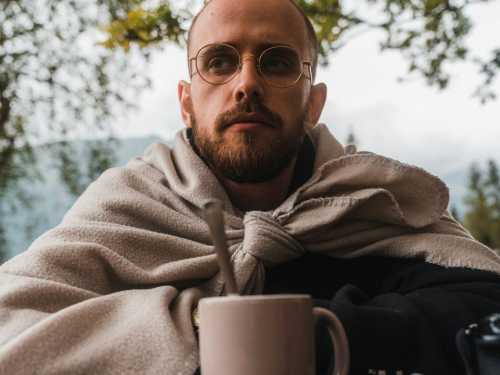
While a common view is that security cameras placed in public places are a threat to personal integrity, a new Swedish survey has challenged this idea, suggesting that Swedes would actually welcome more of those.
Nine in ten Swedes are positive toward security cameras in streets and squares, a new survey by Lund University has indicated.
Three quarters of the respondents rejected the notion that camera surveillance in public places invaded their personal space and integrity. When it came to residential areas, often seen as more personal compared to public places, two thirds of the respondents waved aside the idea that it somehow affected their integrity. Lastly, over 80 percent of the respondents argued that the security cameras actually were a welcome tool in preventing and solving crimes.
“Not only that, the public also expressed a clear desire for more cameras,” computer scientist Markus Lahtinen at the School of Economics in Lund University commented on the results.
While the people surveyed admitted that personal privacy was important, they also found that the Swedish legislation was fully up to par with the measures the public was asking for.
“Shut down cameras and restrictive licensing are not very popular measures. Instead, the public demands clear signage and a well-defined framework for the handling of the image material,” Mark Lahtinen commented.
He also stressed that the public appeared to be less in favor of forceful solutions and more in favor of using the cameras’ opportunities to the utmost.
“For historical reasons, research previously focused on the anti-crime effect with camera surveillance. But in recent years, research has shifted toward other benefits in the efficiency chain. In addition to the contested anti-crime effect, there are now research showing the benefits of camera surveillance as a tool for detecting and investigating crime,” Lahtinen explained.
Securitas Sweden CEO Joachim Källsholm found the results as a token of public concern over Swedish society shifting toward greater insecurity, especially in the most vulnerable areas.
“The results of the survey confirm the idea that the public is positive about using new technology to curb this negative development. There is a need for mustering up power around the possibilities offered by new technologies, partly from responsible politicians, partly from law enforcement agencies and partly from the security branch,” Källsholm said.
The survey was carried out by the Lund University and security company Securitas. A total of 1,000 people were interviewed.
In Sweden, the debate about camera surveillance first flared up in 2013, when it was first suggested to facilitate obtaining permission for using security cameras. Since then, rules for using camera surveillance have been gradually simplified. The licenses are primarily examined by respective county administrative board with the Data Inspectorate as a supervisory authority.
The number of permits for setting up surveillance cameras has risen slightly in the past decade, from 18,000 users in 2006 to 33,000 in 2017 (an increase of close to 80 percent).
According to Lahtinen, the forthcoming EU General Data Protection Regulation (GDPR) will affect Sweden’s legislation on the matter through a number of “imported” legal clauses.
Sourse: sputniknews.com






